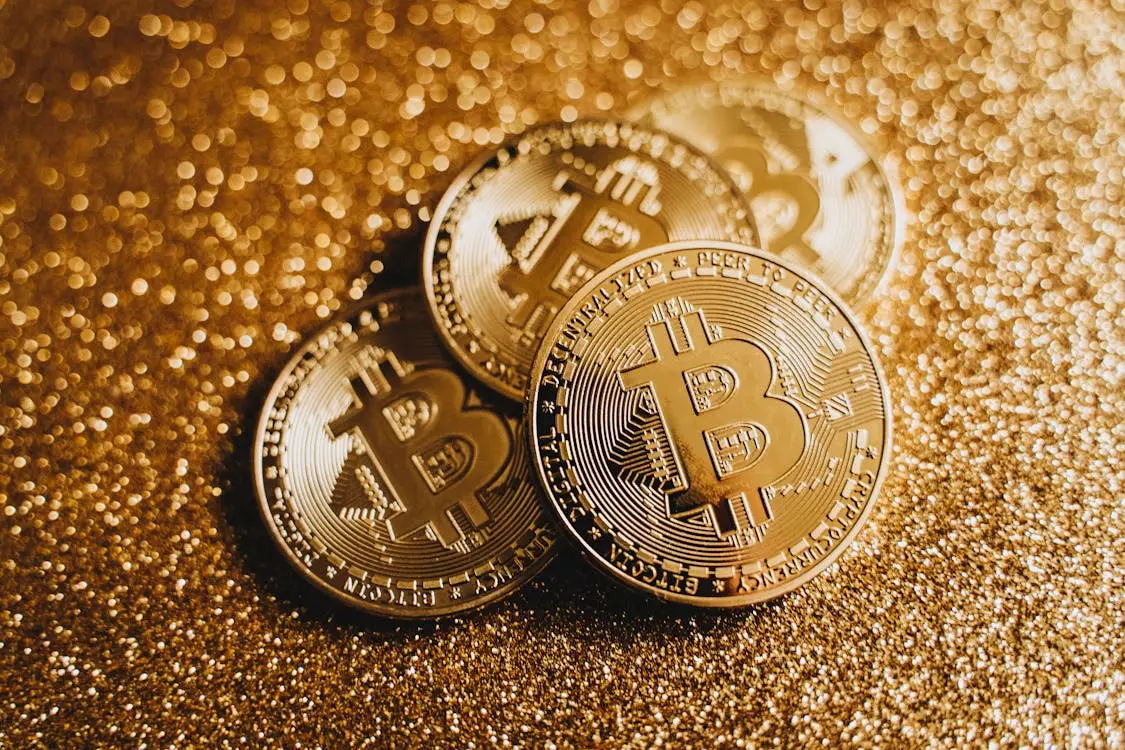In recent months, the discourse surrounding Bitcoin’s potential role as a global monetary standard has gained considerable traction. At the heart of this conversation is Matthew Sigel, Head of Digital Assets Research at VanEck, who has remarked on Bitcoin’s parallels with gold and its capability to revolutionize financial systems worldwide. Sigel’s comments resonate amid ongoing discussions about the establishment of a US Strategic Bitcoin Reserve, igniting debates about the implications of such a move.
Sigel posits that the United States government could greatly benefit from accumulating an estimated 1 million BTC, effectively establishing Bitcoin as a new currency. Drawing parallels to previous epochs when nations hoarded gold to enhance their economic power, Sigel’s argument hinges on the belief that Bitcoin could serve a similar purpose in the modern financial landscape. If widely adopted, Bitcoin could signal a shift away from traditional currency systems, moving towards a ‘Digital Standard’ that mirrors gold’s historical role as a reserve asset.
The notion of treating Bitcoin as a monetary reserve reflects a broader trend seen in several countries experimenting with digital currencies. As governments recognize the capabilities of cryptocurrencies, Bitcoin stands out not only for its value but also for its unique advantages. Unlike gold, which is bound by physical limitations, Bitcoin is a digital asset characterized by speedy transfers, enhanced portability, and significantly lowered risks of theft. Furthermore, its intrinsic scarcity—limited to 21 million coins—positions it as an enticing alternative for those seeking to safeguard their wealth against inflation and economic turmoil.
The growing interest in Bitcoin is not just limited to financial markets; it’s evident in national policies as well. Countries like El Salvador have taken groundbreaking strides by adopting Bitcoin as legal tender, paving the way for similar initiatives in other nations. This trend indicates a shifting perception of Bitcoin from a speculative asset to a legitimate currency that can facilitate everyday transactions. However, this optimism doesn’t come without its challenges.
Despite its potential, Bitcoin’s notorious volatility creates a hurdle that cannot be overlooked. Critics point out that the unpredictable nature of Bitcoin prices could deter its acceptance as a stable medium of exchange. In contrast, gold has historically maintained its purchasing power, offering a sense of security that Bitcoin currently lacks. This divergence highlights the distinct considerations that investors and policymakers must navigate when evaluating Bitcoin compared to traditional assets.
In assessing the possible emergence of Bitcoin as a standard currency, it’s crucial to acknowledge the mixed reactions surrounding these proposals. While Sigel’s assertions reveal a budding enthusiasm for the role of digital assets in future economies, skepticism remains prevalent. Economists caution against hasty conclusions, arguing that Bitcoin’s status as a reliable currency is far from assured.
Moreover, the decentralized nature of Bitcoin introduces more complexities, especially when considering how different governments might regulate or respond to such a dynamic change in their monetary systems. The prospect of Bitcoin acting independently from governmental control could either bolster its global appeal or incite resistance from those in power.
As discussions around Bitcoin’s future continue, the evolving relationship between cryptocurrency and traditional assets such as gold will undoubtedly define the upcoming landscape of global finance. Advocates believe that integrating Bitcoin alongside established financial instruments could foster an inclusive economic environment built on digital advancements. However, the path toward this future necessitates a careful balancing act between innovation and stability.
The narrative surrounding Bitcoin as a potential global monetary standard fosters invaluable discussions on the future of finance. Whether Bitcoin can truly uphold its promise as a ‘Digital Standard’ akin to gold remains to be seen. The evolution of both assets in tandem will dictate how society navigates the complexities of an increasingly digital economy, ultimately shaping the future of money as we know it.

